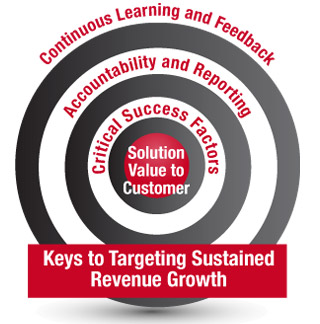You’re probably familiar with the baseball film Moneyball, based on the Michael Lewis book.
A good story with powerful lessons about focusing on key numbers that drive success. The small market team finds a way to compete with the big market big money team, and at far less cost. In fact at about 1/3 the cost.
The smaller team with limited resources finds insights from facts about their organization, skills, how different personnel work together, and individual and collective performance.
The big spender overlooks important details, and frequently overspends for modest results, or results that are too costly. The same holds for small and large companies.
Spend the money on star performers; never mind the cost or return on investment. Surprisingly few companies really understand the performance of their organization to execute on the business strategy or the effect on wins and losses. They spend money on personnel and on other resources without evaluating or measuring the return. When the company’s sales and profit performance falters, the frequent mistake is not evaluating what is missing in the performance.
Conventional Wisdom continues to cover for intuition and emotion to carry weight in decisions. The company leaders keep spending on people and resources, and the business continues to fall behind, and the owners still don’t understand why. Emotion enters the discussion and objectivity is dismissed from the decision making.
Here’s 5 ways to remedy this:
- Get the facts. Start with the financials. The sales, profit, and history is pretty black and white. Your finance person is a great resource.
- Understand the relationship between the numbers and the products and services being sold, and the sales people responsible for them. Add to this an understanding of your customer’s purchase preferences.
- Evaluate the performance of of your business today, and determine what performance you need to achieve for the next level of growth.
- Pick and organize the players to achieve the goals.
- Execute, Execute! Get your players in the field aligned to measurable goals. Track their progress and adjust as necessary.
Revenue and profits just as wins and losses are merely symptoms of underlying performance. Good business teams evaluate the probabilities based on the insights drawn from the facts they obtain.
The more you grasp the mechanics of performance and in-market execution, the more probable a successful outcome.
Intuition, charisma, leadership, and individual talent are important and wonderful if you can afford them. More often building and aligning the team with adherence to predictable performance and execution is more practical, sustainable and repeatable for the long term
Peter Klinge is a Yankee fan since childhood but knows his favorite team overpays for their players, and admires that many small market teams play the game smarter.




